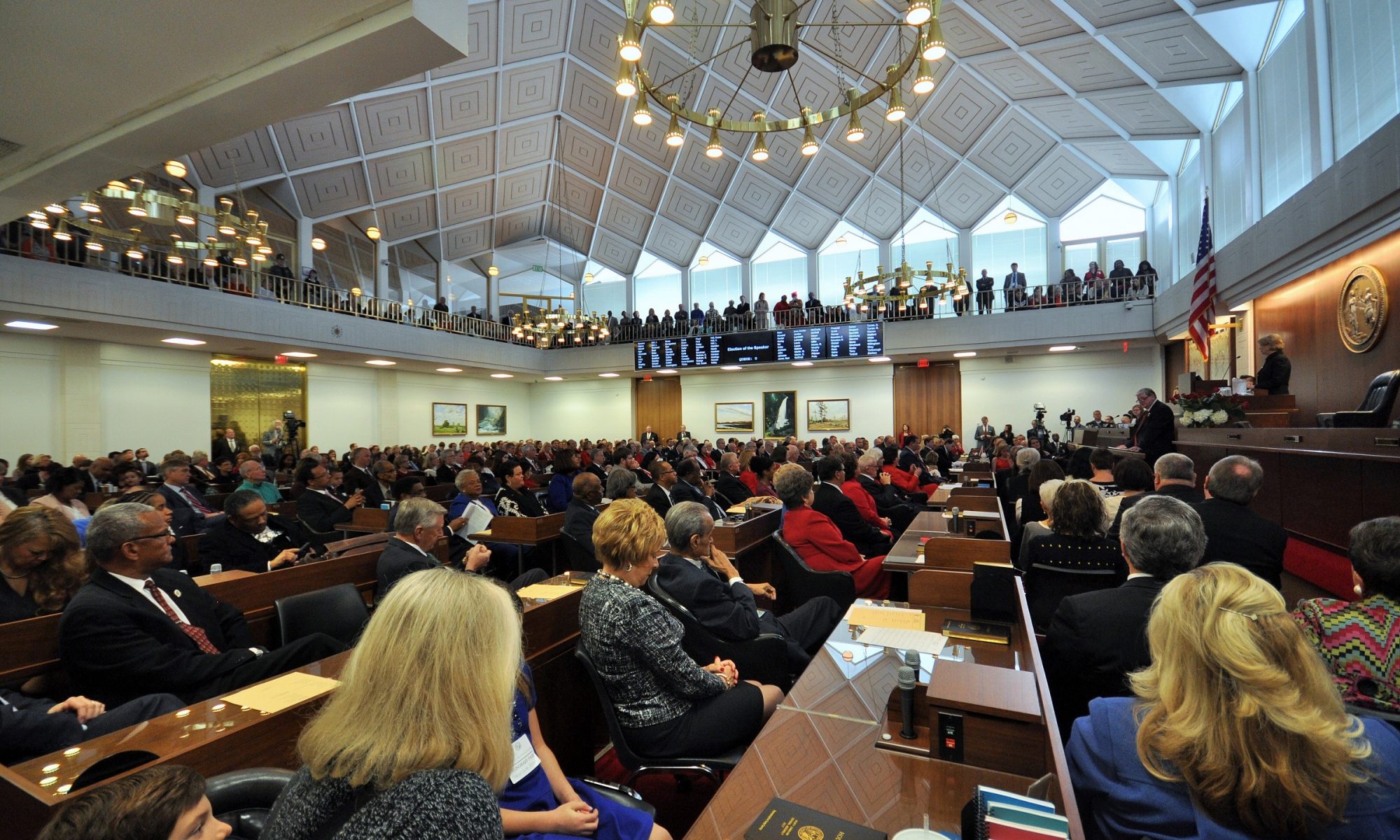Raleigh, N.C. – The North Carolina House of Representatives passed House Bill 68 BRIGHT Futures Act on Thursday by a 109-8 vote, approving legislation to connect rural residents of the state to broadband services and help underserved regions attract economic development opportunities of the 21st century.
The BRIGHT Futures Act stands for Broadband, Retail, Internet of Things, Gridpower, Healthcare and Training – emerging markets of the digital age that are critical to creating jobs and spurring economic investment in North Carolina.
House Bill 68 BRIGHT Futures Act is sponsored by Reps. John Szoka (R-Cumberland), Rep. Jason Saine (R-Lincoln), Rep. Susan Martin (R-Wilson) and Rep. Brenden Jones (R-Columbus). It facilitates the development of digital infrastructure in rural areas by allowing local governments to partner with private internet providers and bring wired services to their residents.
“Rural and underserved areas have historically been left behind when key technology and infrastructure have been required for economic development,” said Rep. John Szoka.
“This bill clarifies the ability of public-private partnerships to find ways to develop this critical infrastructure, and continues the tradition that led to innovative business models in the past.”
The legislation would accelerate economic investment and grow rural economies by providing digital infrastructure to help businesses expand across North Carolina. The BRIGHT Futures Act addresses gaps in digital infrastructure that affect more than 3 million North Carolinians in 85 counties.
“In an economy increasingly based on knowledge, the opportunity to access information is critical,” said Rep. Jason Saine.
“The BRIGHT Futures Act is a crucial component to meeting that need.”
Rep. Brenden Jones also released a statement:
“I represent some of the lowest income areas in the state and access to broadband is extremely limited,” said Rep. Brenden Jones.
“It is vital that citizens living in our rural and underserved areas have access to technology tools of the 21st century.”
The expansion of digital infrastructure will provide long-term benefits by encouraging population growth in rural regions, permitting work-from-home opportunities that increase per-capita income and growing the state’s Gross Domestic Product.
“The BRIGHT Futures Act will help expand broadband access to citizens in rural communities by encouraging partnerships between local governments and private companies,” said Rep. Susan Martin.
“I believe this is a critical component that will help expand economic development, provide greater access to healthcare, and increase educational and training opportunities.”
Ensuring connectivity of underserved areas will help students learn from home, allow medical professionals to provide telehealth options and create infrastructure jobs by enabling local governments to lease excess infrastructure to internet providers.
House Bill 68 is permissive legislation that allows local governments to partner with private industry without creating a mandate, subsidy, or tax. It does not allow cities or counties to provide broadband services directly or compete with private industry.


